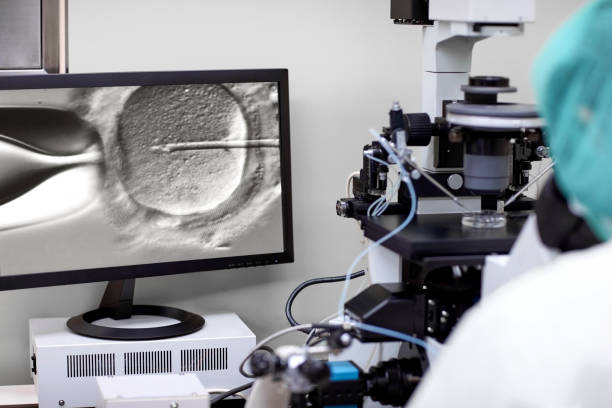- About us
- Specialties
Infertility Treatments
Gynaecolgic Surgery
High Risk Pregnancy
Obstetrics
Donor Programs
- News & Events
- Academic Activities
- Blogs
- Contact us

Guru Fertility center stands as a premier institution for fertility assessments and treatments, offering a comprehensive range of state-of-the-art fertility tests for both males and females. With a dedicated team of experienced reproductive health specialists, Guru Hospital employs cutting-edge diagnostic technologies to assess hormonal levels, ovarian and testicular function, genetic factors, and structural abnormalities affecting fertility. The hospital’s personalized approach, coupled with a commitment to advanced medical interventions, ensures that individuals and couples receive tailored treatment plans to address their specific fertility challenges.
Copyright © 2024. All Rights Reserved.
Powered By BCC

Copyright © 2024. All Rights Reserved.
Powered By BCC